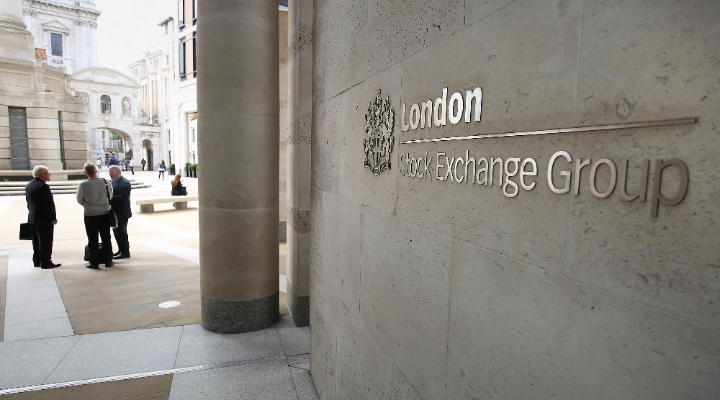Pharmaceuticals giant ![]() AstraZeneca (AZN) has had its fair value estimate - that is the price that analyst think is an accurate representation of the companies' worth - raised to 3,500p.
AstraZeneca (AZN) has had its fair value estimate - that is the price that analyst think is an accurate representation of the companies' worth - raised to 3,500p.
AstraZeneca faces the typical risks inherent in the pharmaceutical industry, including patent expirations, regulatory delays, and non-approvals, as well as increasingly aggressive generic and managed-care industries. Also, specific to Astra, the risk of heart attack prevention drug Brilinta failing in the market is magnified as the company lacks many recently launched potential blockbuster drugs. Further, Astra holds a relatively high exposure to generic competition over the next several years.
We project a 3% average annual sales decline during the next 10 years as patent expirations take their toll. Although we expect operating margins to decline during the next five years because of patent losses on high-margin drugs, the company's restructuring efforts should help mitigate the margin erosion. We estimate a cost of capital of 8%, which is consistent with those of pharmaceutical peers. During the next five years, all three of the company's current growth drivers lose patent protection, magnifying the importance of pipeline products.
Following an abrupt retirement announcement by CEO David Brennan when the company reported disappointing first-quarter 2012 results, Pascal Soriot was appointed as CEO in mid-2012. We believe the poor recent results, combined with an uneven record, led to Brennan's retirement and the need to bring in management from outside the company. Soriot brings strong credentials from Roche, where he was the chief operating officer of the pharmaceutical division. Also, the CFO Simon Lowth recently left the company.
However, we don't see the departure as a red flag as Lowth left Astra to return to his energy background by joining the BG Group as the CFO. As far as stewardship, given the recent turnover at the top spots, we view the company as in a transitory phase, but standard. While we were disappointed by the use of capital at the firm over Brennan's six-year tenure, the recent smaller tuck-in acquisitions appear to show a better use of capital.
AstraZeneca was formed in 1999 by a merger between Astra of Sweden and Zeneca Group of the United Kingdom. The company sells branded pharmaceutical products across several major therapeutic classes including gastrointestinal, cardiovascular, respiratory, cancer, neuroscience, and infectious disease. Slightly less than 40% of its sales are derived in the United States.







.jpg)




















